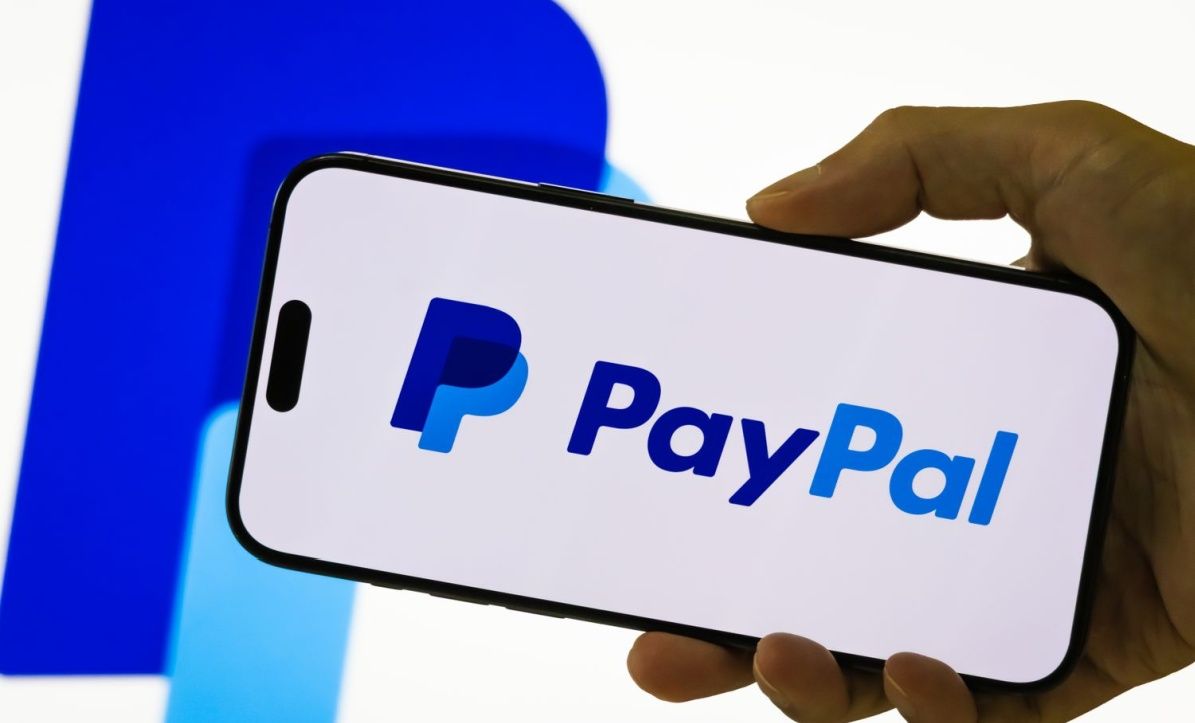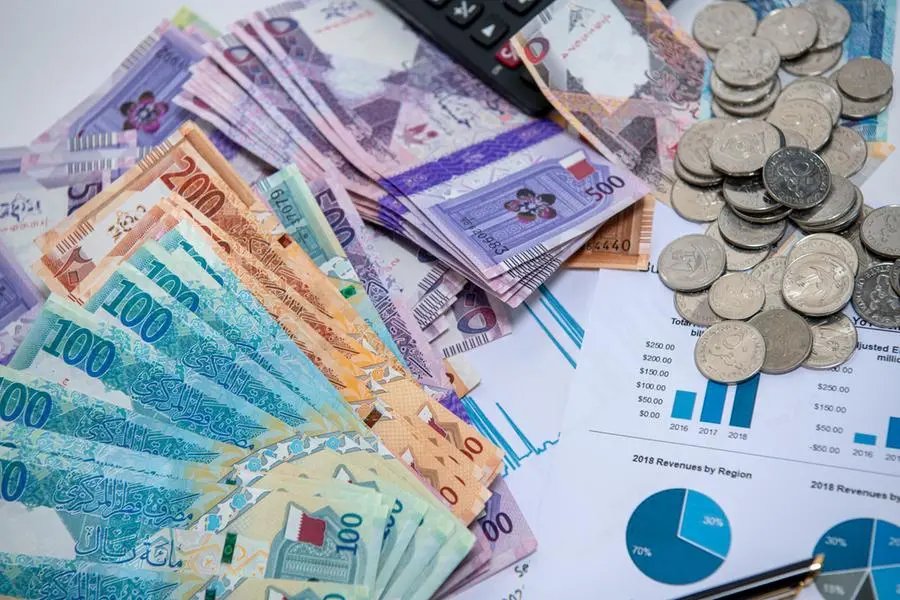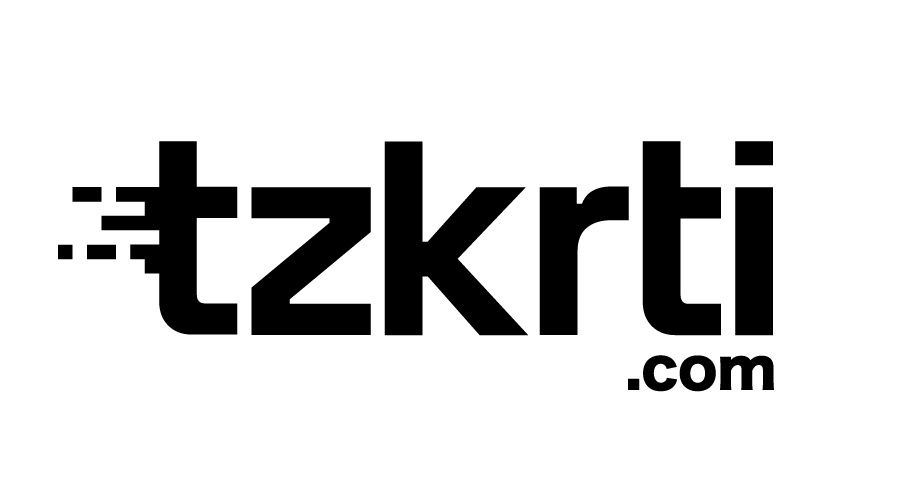Global digital payments leader PayPal has announced a strategic commitment to invest $100 million throughout the Middle East and Africa. The investment aims to fuel innovation, support local entrepreneurs, and drive inclusive economic growth across one of the world’s most rapidly expanding digital commerce regions.
A Multi-Faceted Investment Strategy
The $100 million commitment will be deployed through a comprehensive strategy that includes minority stake investments, strategic acquisitions, and funding via its venture capital arm, PayPal Ventures. The investment will also cover the deployment of people and technology to help local businesses scale their operations and unlock new opportunities for growth. “By dedicating a $100 million investment to this region over the coming years, we’re investing in the technologies, partnerships, and solutions that will help entrepreneurs scale faster, expand their reach beyond borders, and unlock new opportunities for growth in the digital economy,” said Alex Chriss, President and CEO of PayPal.
Deepening Roots In The MENA Region
This major financial commitment follows PayPal’s launch of its first regional hub in Dubai earlier this year, a move designed to provide businesses of all sizes with seamless payments and access to global markets. The investment builds upon an existing foundation laid by PayPal Ventures, which has already backed some of the region’s most prominent startups, including UAE-based buy-now-pay-later giant Tabby and Egyptian FinTech leader Paymob. This track record positions PayPal as a long-term partner in shaping the future of digital commerce in the MENA region. Otto Williams, Senior Vice President and Regional Head of PayPal Middle East and Africa, added, “We’re focused on expanding our footprint in the region and ensuring millions of consumers and businesses can access more of the digital services they need to thrive.”
About PayPal
PayPal Holdings, Inc. is an American multinational financial technology company operating an online payments system in the majority of countries that support online money transfers. It serves as an electronic alternative to traditional paper methods like checks and money orders, enabling vendors to accept payments and consumers to make purchases online.
Source: Wamda














